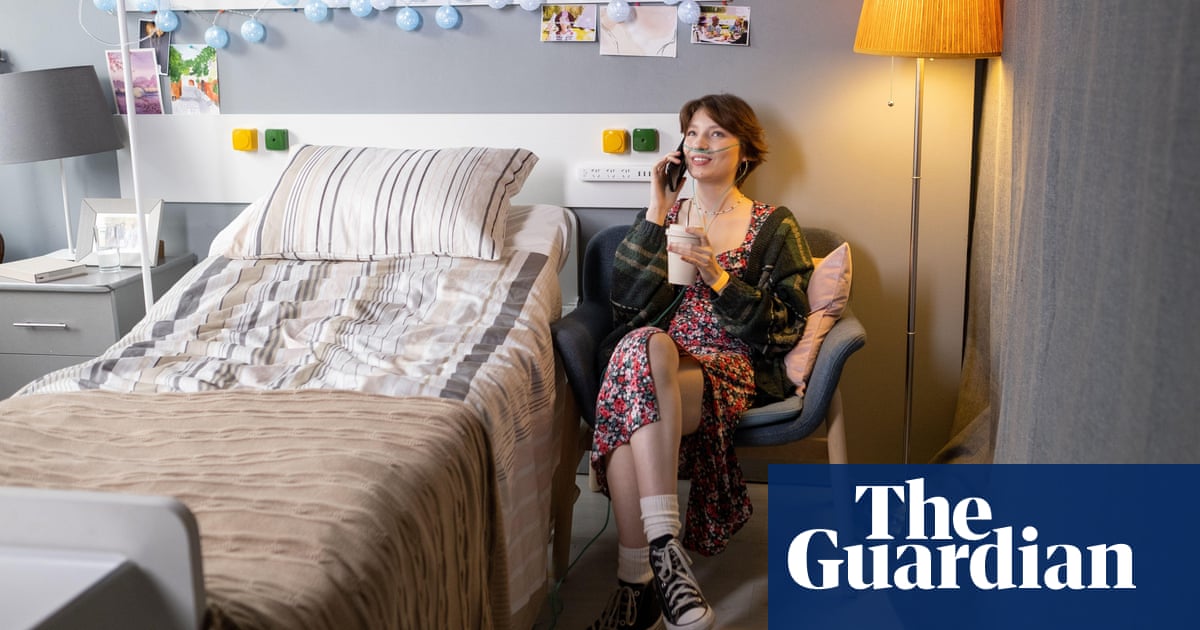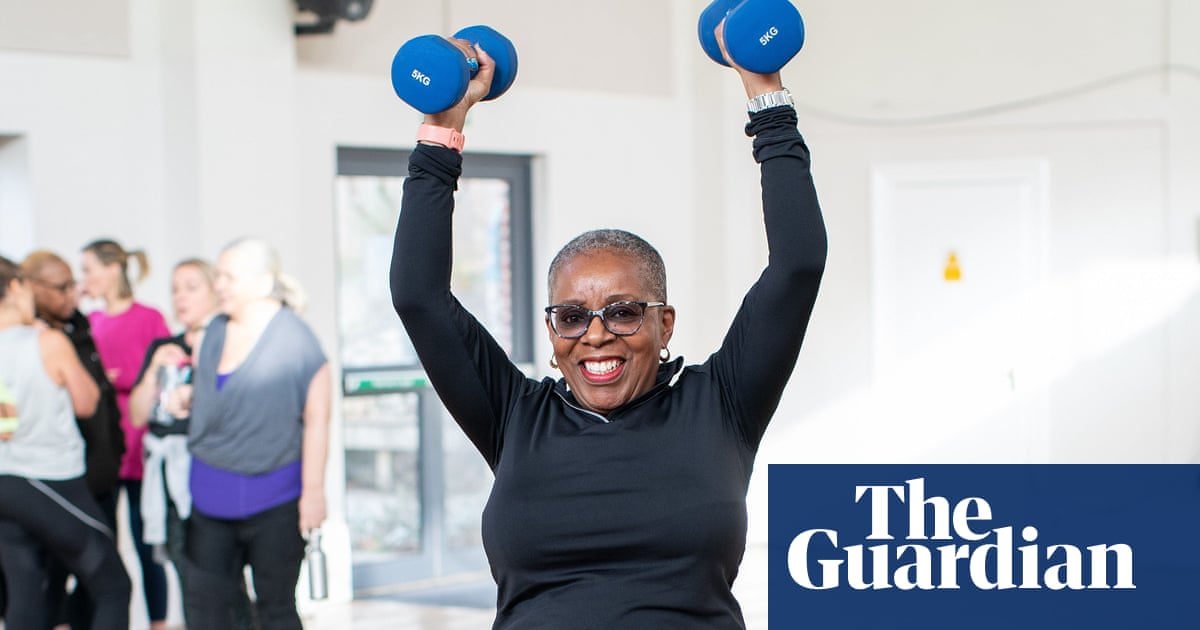
During the past few weeks, I have attended several events for women entrepreneurs in Saudi Arabia and a common complaint was a lack of networking opportunities and financing.
At an event hosted by the American Chamber of Commerce in Saudi Arabia on “Navigating scalability for women entrepreneurs,” held in Jeddah, the panel of young, creative Saudi women entrepreneurs spoke with enthusiasm about the prospects that had been opened up to them to expand and grow their businesses since the launch of Vision 2030, as well as the support they have received from public and private institutions through initiatives, programs and incubators.
However, they also pointed to the challenge of raising funds and accessing markets that require networking and relationship-building. Although they said there are many opportunities for networking, including through apps and social media, it seemed that they still roamed the same circles. In the big events, it can be daunting and difficult to get access, to make contact and to make an impression. At LEAP24, held in Riyadh in March, male-led startups accounted for almost 90 percent of the deals, while female-led startups made up only 0.2 percent of transactions and the rest went to mixed-gender founders.
The advantage of small events such as the one organized by the American Chamber of Commerce in Saudi Arabia is in engaging and sharing knowledge with a select number of attendees who can offer support technically and financially and open doors. In addition, it was great to have a keynote speaker who spoke of her pioneering journey as an entrepreneur and provided valuable insights and recommendations on overcoming challenges.
In the big events, it can be daunting and difficult to get access, to make contact and to make an impression.
Maha Akeel
Learning from role models and creating mentorship opportunities is essential. Women entering or thinking of entering the business world and starting their own business need to see and hear the experiences of those who have gone through it before them. As more women enter the workforce and are promoted to leadership positions, they can learn from other women’s experiences, as well as men’s, about the ups and downs, the positives and negatives and the opportunities and the challenges.
The challenge of networking does not seem to be a Saudi-specific issue. I had the opportunity to talk with Maryam Hassani, a young and ambitious Emirati tech entrepreneur, who said that it is harder for women to network and find funding for their startups, as well as to access the market. She co-founded Zealous, a platform for connecting professionals based on their needs, making networking less random, ambiguous and time-consuming.
In May 2023, Hassani launched a service where, with the help of artificial intelligence, her app would suggest the contacts of people with common interests and goals within the vicinity. The response has been amazing. Interestingly, it is mostly men who are using the service.
She commented that it seems like women generally stay in their comfort zone and are hesitant to adventure and meet new people. She stressed the need to hear and talk about failures, struggles and losses, rather than just the successes and achievements, to encourage and give confidence to entrepreneurs. In this sense, she agrees on the importance of having mentors and role models.
Another valuable observation Hassani made was on the common problem for startups of finding the right people to work with. She recommends having co-partners who complement each other’s skills, expertise and even personality, not someone who is too similar, so that they complete and balance each other. She also recommends being open to change, going through the experience and learning, and being honest with oneself in getting to the truth.
As indicated by the World Economic Forum Global Gender Gap Report 2024, gender parity in the workforce can be enhanced through informal factors such as professional networks, which provide resources and capital to bridge professional gaps. Networks provide access to job, mentorship and sponsorship opportunities, as well as exchanges leading to innovation and the adoption of best practices. This includes online professional networks such as LinkedIn, where men also typically have larger and stronger networks than women.
Financing is the other major challenge, especially for female entrepreneurs. While it is easy to start a business, it is important to focus on sustaining and scaling the business. This has been a challenge for micro, small and medium-sized enterprises.
The fear of failure continues to be a major inhibitor for starting a new business among Saudi entrepreneurs.
Maha Akeel
According to the SME Monitor quarterly report by Monsha’at, the number of SMEs in Saudi Arabia grew an impressive 3.1 percent in the final quarter of last year to more than 1.3 million, driven by strong public investment, robust personal initiatives and the highest venture capital investments of any ecosystem in the region. However, SMEs face challenges in making a profit and sustaining their business due to financial expenses and debt, managerial inexperience and inefficient staff, which could be the result of not conducting a feasibility study and having a business plan.
Nevertheless, Monsha’at has been vigilant in providing training, financing and support programs. According to the Global Entrepreneurship Monitor’s 2024 report on Saudi Arabia, the Kingdom continues to uphold its position as a top-three entrepreneurial economy among 49 leading global economies. The established business ownership rate has reached a new peak of nearly 14 percent, an almost threefold increase from 2021. Furthermore, the ratio of women to men starting or running a new business jumped from one woman for every 10 men in 2009 to eight for every 10 in 2023.
However, as pointed out in the report, the fear of failure continues to be a major inhibitor for starting a new business among Saudi entrepreneurs, which requires regulatory safeguards to overcome. The report acknowledges several areas for improving the entrepreneurial ecosystem, including enhancing access to financing, strengthening entrepreneurship education, fortifying business infrastructure and enhancing legislative support.
Entrepreneurs and business owners in general need to be innovative — especially in using technology — adaptive to market changes and needs, and be customer-centered. Female entrepreneurs also need more networking and financing opportunities.
Maha Akeel is a Saudi expert in communications, social development and international relations. She is a member of the UN’s Senior Women Talent Pipeline. X: @MahaAkeel1












